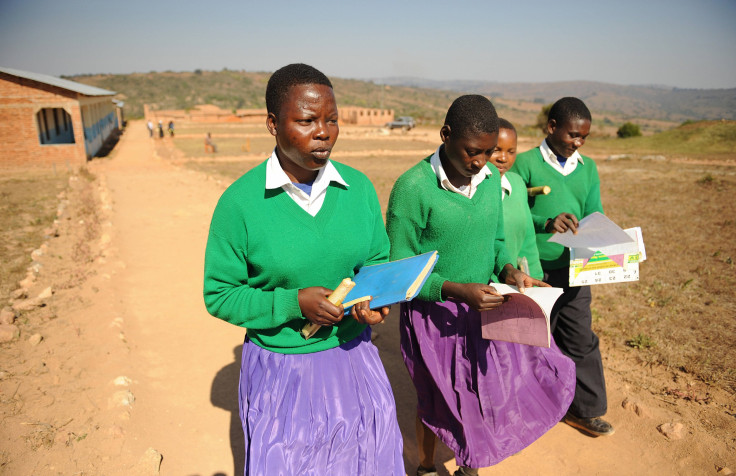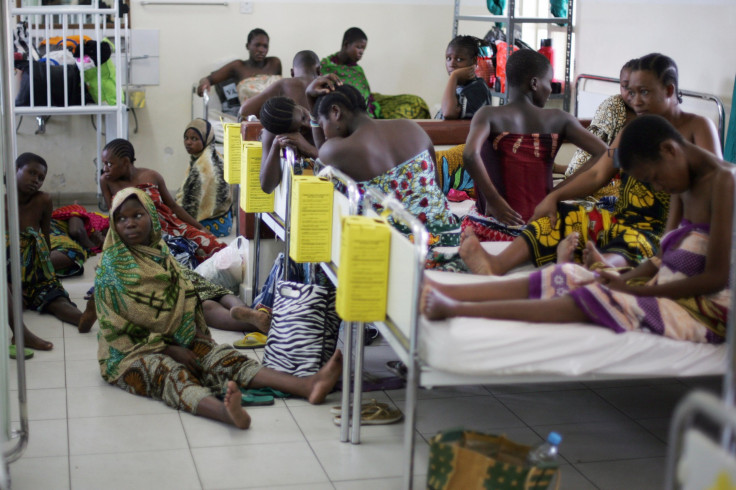Tanzania Launches Sex Education Programs To Curb Teenage Pregnancy Rate

Tanzania’s government and nonprofit groups have launched several sex education programs aimed at curbing teenage pregnancies in the East African nation, whose adolescent pregnancy and birth rates rank among the highest in the world. The initiatives target schoolgirls and boys who lack sexual and reproductive health education -- one of the main factors fueling early pregnancies in Tanzania, according to Reuters.
"I regret getting pregnant. Had I known how to prevent it I would still be at school, but it is too late,” Juliet Andrea, a 16-year-old Tanzanian girl, said Wednesday in an interview with Reuters.
Like Andrea, some 8,000 girls in Tanzania drop out of school each year due to pregnancy, limiting their education and employment opportunities. A 2013 report by the United Nations Population Fund revealed Tanzania may be losing out on 8.5 trillion shillings ($5.2 billion) per year in economic activity from teenage girls dropping out of school due to pregnancy.
Tanzania’s Ministry of Education and Vocational Training has put in place peer education programs and counseling services in schools across the nation as part of its efforts to address unwanted pregnancies and promote responsible, safe sex. The project encourages schoolgirls and boys to openly discuss sex and sexuality, while learning how to use contraceptives.
"These programs are meant to equip students with the necessary life skills and knowledge to help them make appropriate decisions," Mtambi Bunyanzu, a senior official at the ministry, told Reuters on Wednesday.

With funding from the Swedish Development Agency, an association of female lawyers in Tanzania, TAWLA, has set up sexual and reproductive health clubs in eight secondary schools in an effort to prevent unwanted pregnancies. The clubs provide training to teachers to help educate girls on the issues.
The WAMA Foundation, a nongovernmental, nonprofit group started by Tanzanian first lady Salma Kikwete, launched another campaign this year called “Protect Yourself to Achieve Your Dreams,” which seeks to help girls avoid risky sexual behavior that could lead to pregnancy or sexually transmitted diseases.
"Although your parents and guardians have a responsibility to take good care of you, still, it is your role to protect yourself," Kikwete, WAMA chairwoman, said at the campaign launch, according to Reuters.
© Copyright IBTimes 2025. All rights reserved.





















